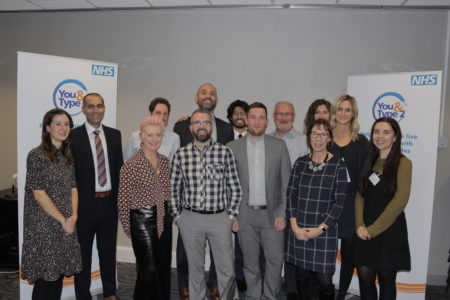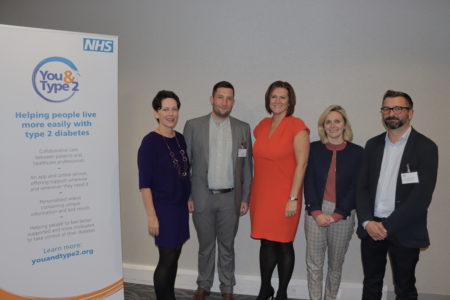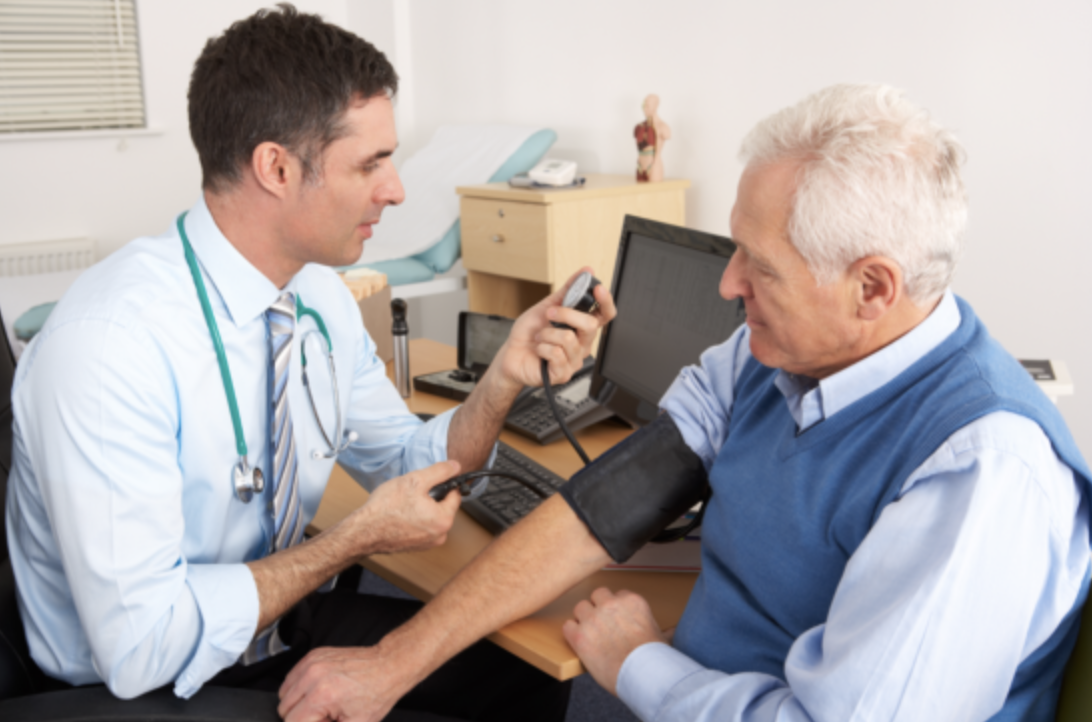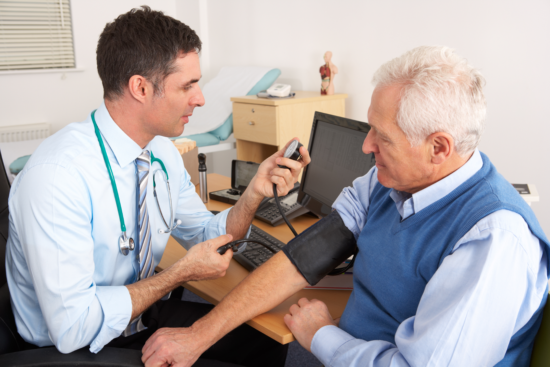New telephony systems mean a revolution in the patient experience as part of the shift to ‘Total Triage’. But the wealth of systems on the market means GP surgeries face a daunting challenge identifying the right system, says Denis Duignan, the HIN’s Head of Digital Transformation & Technology.
Covid-19 has highlighted the inadequacies of traditional telephone systems in primary care. Patients waiting to get through on the phone, having to manually search for patient records and GP’s working remotely were all issues that have highlighted the shortcomings. But new systems help manage demand, enable remote working and improve the patient experience.
The promise of modern telephony is a transformed patient experience. However, with a multitude of systems on the market offering a range of different and complex packages, the decisions facing practices and Primary Care Networks (PCNs) keen to take advantage of new technology in this field are daunting.
The Health Innovation Network (HIN), working with Our Healthier South East London, has produced a ‘Commissioner’s Guide to Telephony’, which explores the primary care telephony market and aims to support better decision making for GP practices, federations, and primary care networks looking to upgrade or migrate their telephony solutions.
The inadequacies of traditional telephony
In 2019, poor telephone systems were identified as one of the key areas affecting patient experience and access to local primary care services within the London borough of Lambeth. The south east London Digital First Programme set out to improve primary care telephony through local healthcare, patient and industry stakeholder engagement which led to a workshop that stimulated many general practices to upgrade their systems. Whilst the learning from this was being consolidated, Covid-19 broke out across England. This very quickly highlighted the inadequacies of traditional telephone systems in facilitating an effective move to ‘Total Triage’ and remote working for clinical and non-clinical staff.
Many GP practices still use traditional phone systems, which consist of an on-site private branch exchange (PBX) which connects through fixed lines to the public switched telephone network (PSTN). This system has limited functionality and flexibility compared to more modern voice over internet protocol (VoIP) telephone systems.
What is Voice Over Internet Protocol?
Also called IP telephony, VoIP is defined as a method and group of technologies for the delivery of voice communications and multimedia sessions over Internet Protocol networks, such as the Internet. Some of the key areas where VoIP telephony has been seen to benefit primary care include:
- Clinical system integration: The incoming caller’s patient record can be automatically ‘popped’ on screen, and calls can be made directly from the patient record using click-to-dial, streamlining the receptionist’s workflow.
- Live call reporting and dashboards can enable practice managers to identify busy times and manage their workforce accordingly.
- The ability to customise the phone system through an online portal giving practice managers control over auto-attendant/interactive voice response options so that they can route their calls in a way that suits their individual practice.
- The flexibility of VoIP telephone systems enables them to be configured for different ways of working including central hub models and remote working using staff mobiles or telephony software on their laptops to receive and manage calls. The Commissioner’s Guide to Telephony provides further detail on the features and benefits of modern telephony systems.
The supplier market is large and complex
Another key area of guidance included in the report is in navigating the supplier market. The hosted telephony market in the UK is large and complex and comprises a diverse range of businesses from small family-run providers to large multi-national corporations, including both original equipment manufacturers and resellers. Understanding the capabilities of suppliers can be challenging for non-technical customers due to the number of acronyms, abbreviations, and jargon used and it is generally difficult to differentiate suppliers based on capabilities due to the range of add-on services a company can incorporate within their offer. In an effort to simplify the market for primary care, the guide includes a functional comparison of suppliers with primary care focussed products.
Practices that have adopted modern telephony systems have been overwhelmingly positive about the impact it has had on service delivery relative to their previous systems. This commissioning guide can assist other practices looking to update their telephony and realise the benefits of modern telephony.
Get in touch for more info
If you want to know more do get in touch directly with the team.
E-mail us here




